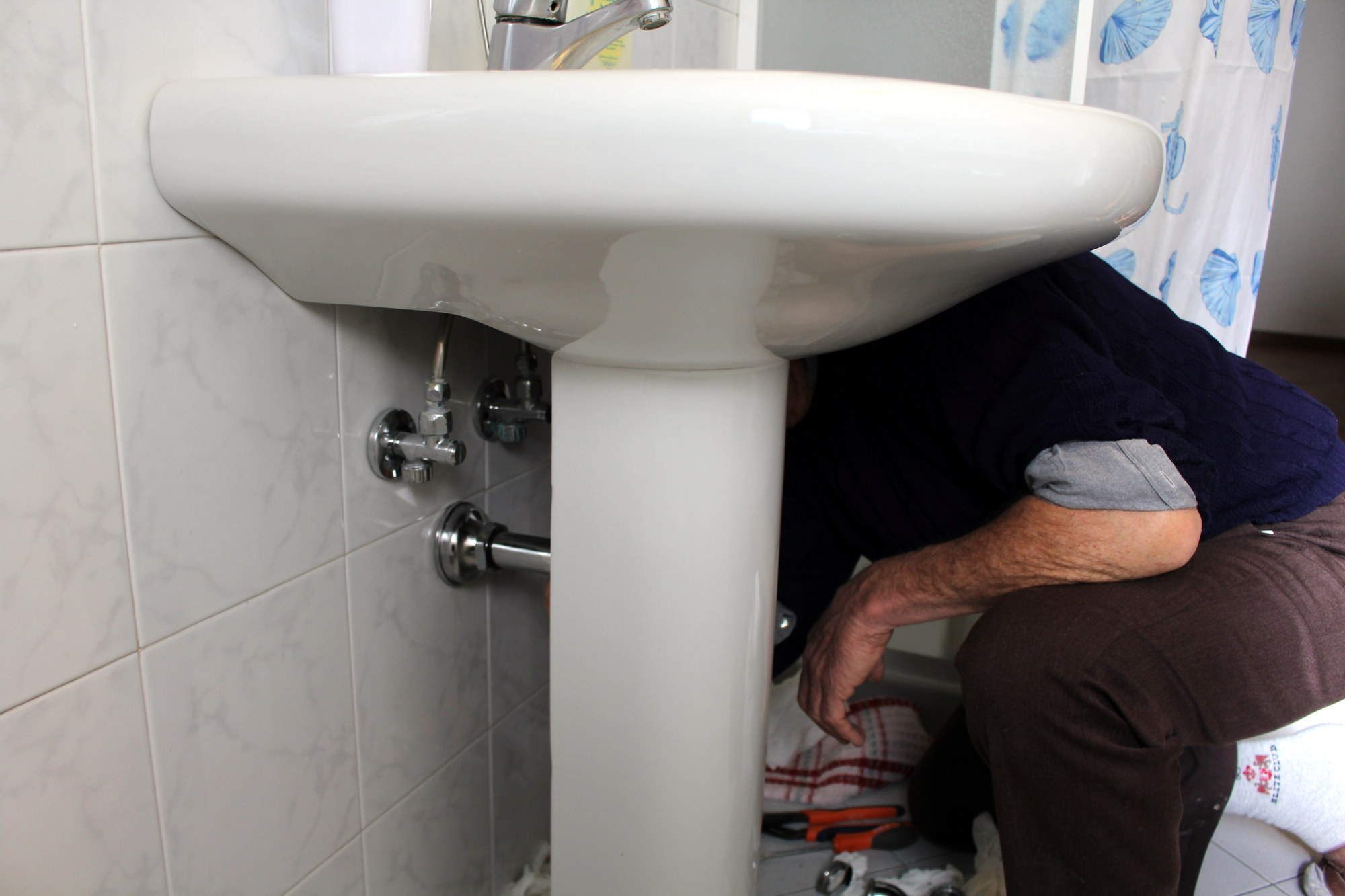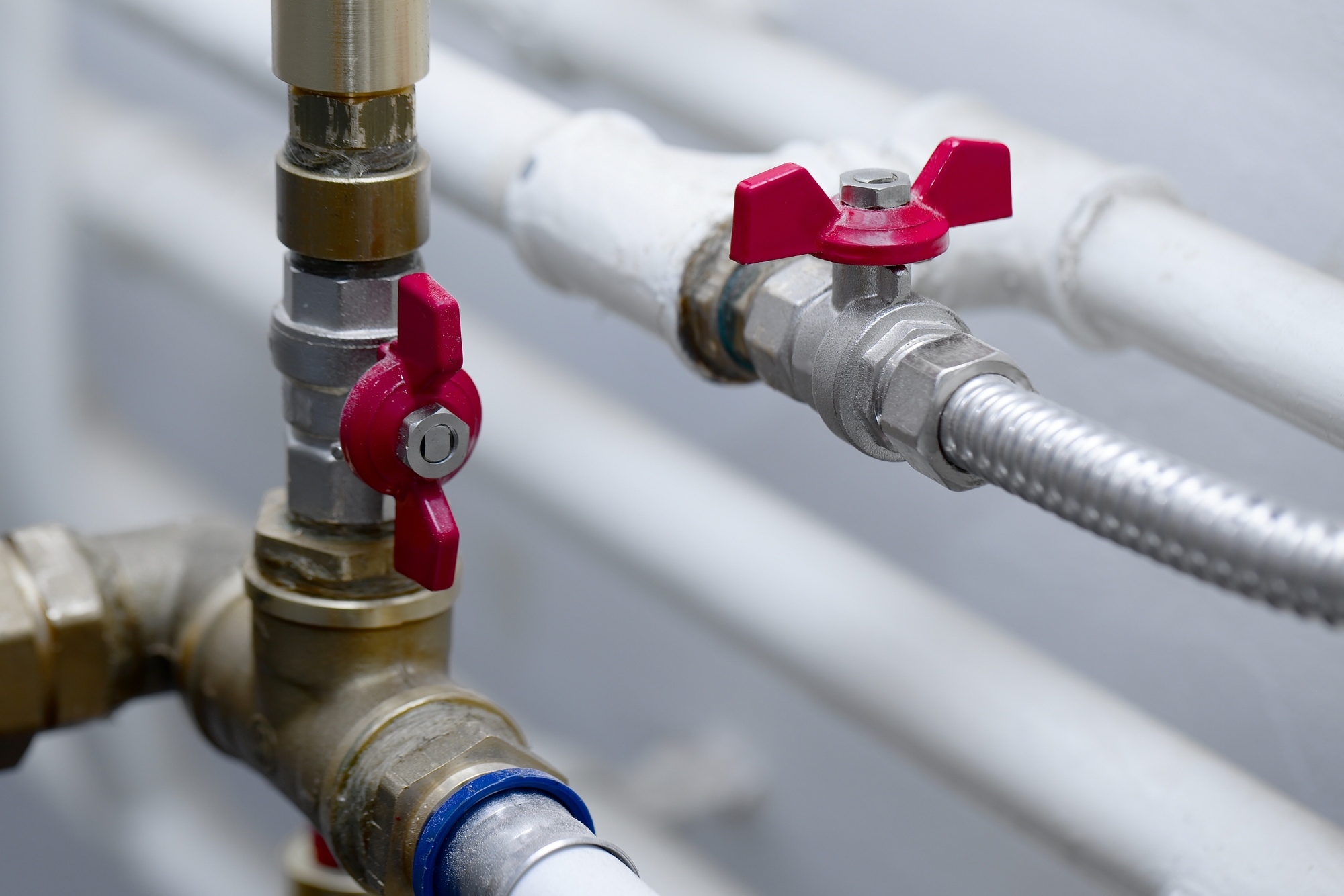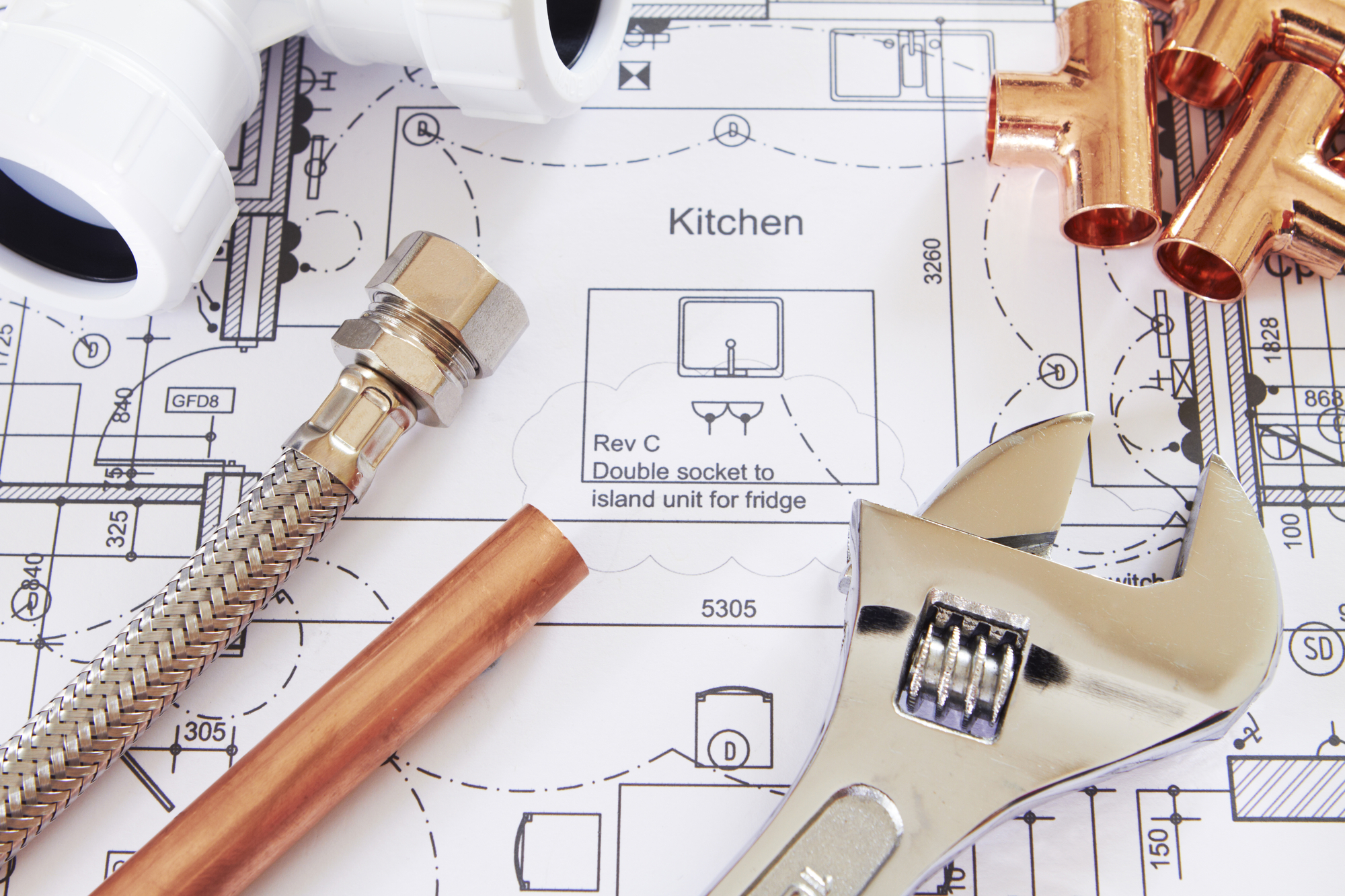As winter approaches and the temperature begins to drop, many homeowners begin to worry about their water heaters. After all, hot water is necessary for everything from showering to doing dishes and laundry. But what happens when your water heater breaks down? Is it worth fixing, or should you invest in a new one? And what about the price of scrap water heaters? Is it going up, down, or staying the same?
When it comes to answering these questions, the first thing you need to know is that the price of scrap water heaters can fluctuate depending on various factors. For example, the demand for scrap metal in general can affect the price of scrap water heaters. Additionally, the composition of the water heater itself can impact its value as scrap metal.
That being said, let’s talk about the cost of repairing a water heater versus purchasing a new one. Generally speaking, if your water heater is less than 10 years old and the problem is something simple like a broken thermostat or a faulty heating element, repairing it is probably the most cost-effective option. However, if your water heater is getting up there in age (10-15 years or older) and/or the repair is more complicated (such as a leaking tank), it might be more economical to purchase a new one.

Now, let’s say you do decide to purchase a new water heater. What should you look for? The first thing to consider is size. You want to make sure to get a water heater that is appropriately sized for your household’s needs. In general, a 40-gallon tank is sufficient for a family of 4-5, while a 50-gallon tank is better suited for a larger family.
Next, you’ll want to consider the type of water heater you want. There are two main types: traditional tank water heaters and tankless water heaters. Traditional tank water heaters store and heat a large volume of water in a tank, while tankless water heaters heat water on demand. Tankless water heaters tend to be more energy-efficient, but they also typically cost more upfront to purchase and install.
Finally, you’ll want to think about energy efficiency. In general, the more energy-efficient a water heater is, the more expensive it will be upfront. However, this can be offset by lower monthly energy bills over time. Look for a water heater with a high Energy Factor (EF) rating, which measures how efficiently the heater uses energy to heat water.

So, what about the price of scrap water heaters? As mentioned earlier, the price can fluctuate depending on a variety of factors. However, it’s worth noting that scrap metal prices have been on the rise in recent years. According to MetalMiner, a website that tracks metals prices, the price of scrap steel has increased by more than 50% since the beginning of 2021. While it’s difficult to predict exactly how this will impact the price of scrap water heaters, it’s possible that we could see an increase.
Of course, the value of a scrap water heater is just one piece of the puzzle when it comes to deciding whether to repair or replace your current water heater. However, it’s still something to keep in mind. If you do decide to replace your water heater, you may be able to recoup some of the cost by selling your old one for scrap metal.
In conclusion, the decision to repair or replace your water heater should be based on a variety of factors, including the age and condition of your current heater, the cost of repairs versus the cost of a new heater, and your household’s needs. While the price of scrap water heaters may be a consideration, it’s just one part of the equation. Ultimately, the most important thing is to make a decision that’s right for you and your family.
If you do decide to purchase a new water heater, be sure to do your research and choose a reliable, energy-efficient model. And if you’re looking for plumbing services in your area, don’t hesitate to give the experts at Ace Plumbing Repair a call at (844) 711-1590 or visit our website at aceplumbingrepair.com. We offer a variety of plumbing services, from water heater repair and replacement to drain cleaning and more.






